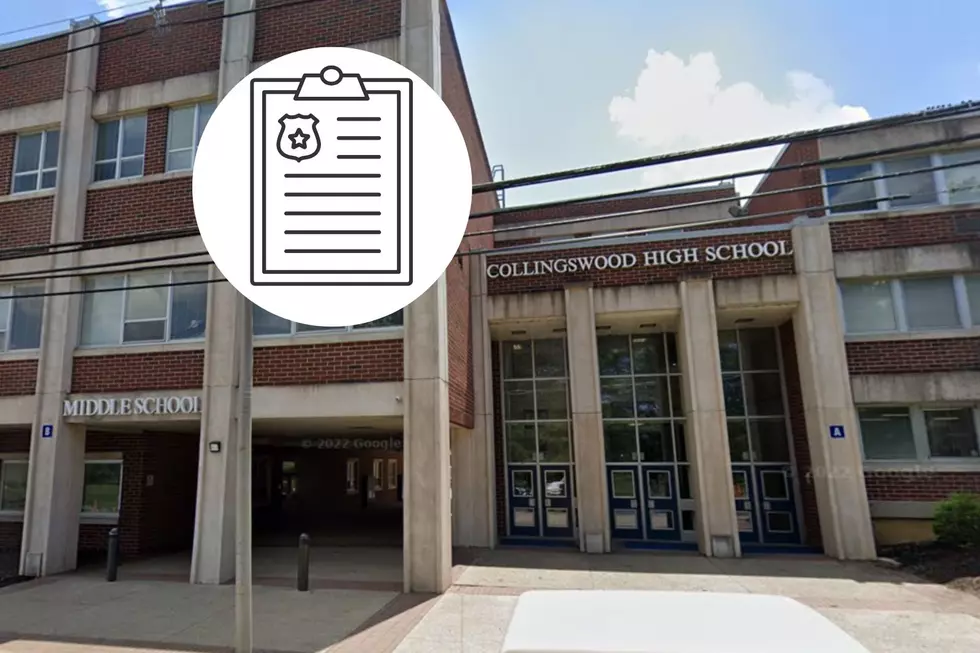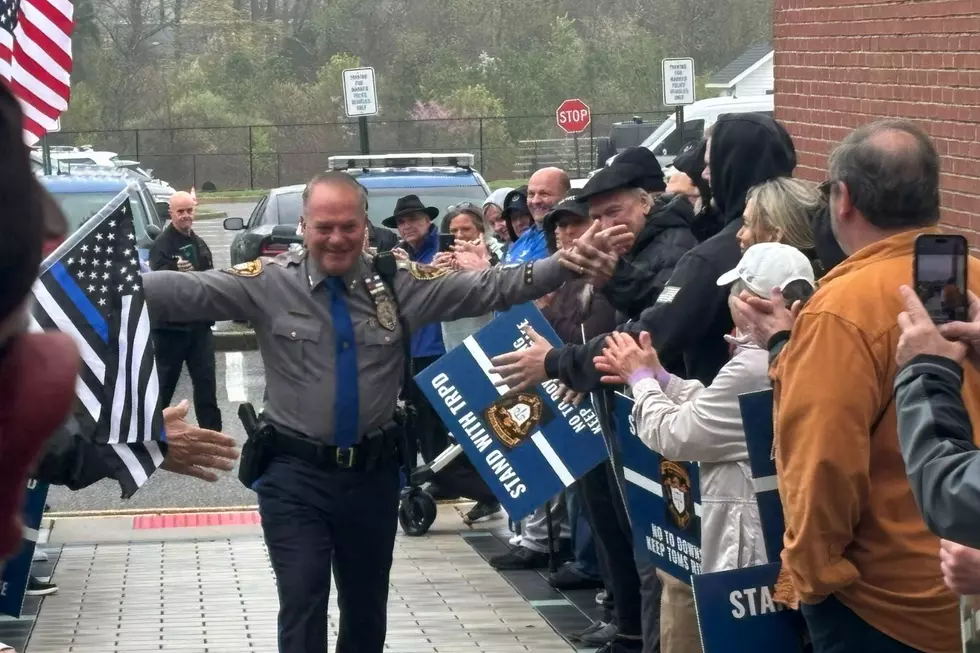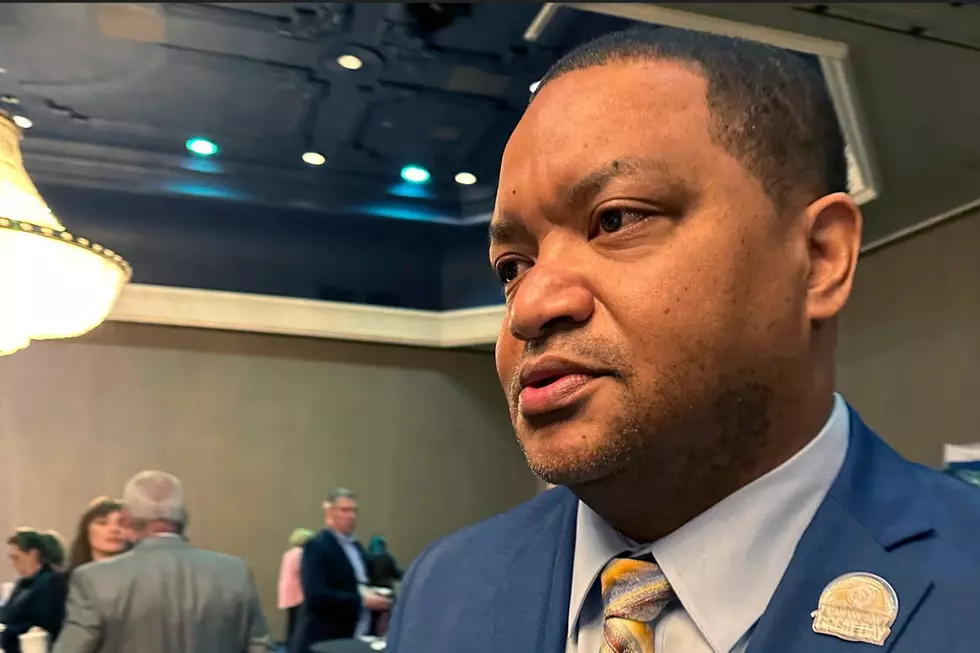
Lawyers for Sen. Menendez, government argue to appeals panel
A panel of appeals court judges is grilling New Jersey Sen. Bob Menendez's lawyer during arguments on Monday in the corruption case against the longtime lawmaker.
Menendez was charged last year with multiple counts of bribery and honest services fraud after prosecutors said he took gifts and campaign contributions from a Florida eye doctor in exchange for political favors. He has pleaded not guilty.
Menendez argues that meetings he had with government officials were related to policy matters and not intended specifically to help Florida ophthalmologist Salomon Melgen in his business interests.
The senator claims his actions were subject to a constitutional protection against prosecution of members of Congress engaged in legislative acts. His lawyer is arguing in front of the 3rd Circuit Court of Appeals in Philadelphia on Monday.
Abbe Lowell hammered at a lower court judge's ruling not to dismiss charges against Menendez -- the source of this appeal -- by claiming the judge erred in looking at Menendez's purported motives for meetings he set up with several government officials.
How the court -- and a jury, if the case goes to trial -- places Menendez's actions in the context of the Constitution's "speech or debate" clause will play a significant role in whether the three-term Democratic senator is convicted on any or all of a dozen counts against him.
The clause dates to the 1780s and was written into the Constitution to fortify the separation of powers between the three branches of government: It protected members of Congress from having their legislative acts subjected to scrutiny by the other two branches, "in all Cases, except Treason, Felony and Breach of the Peace."
The clause has been invoked to shield members of Congress from testifying in court, and to exclude evidence from criminal trials.
To Menendez and his legal team, the indictment unsealed last spring against him and Melgen was an egregious example of the Justice Department's overreaching into the legitimate affairs of a sitting lawmaker.
Prosecutors, on the other hand, have characterized Menendez as hiding behind the speech or debate clause to obscure the fact he was lobbying on behalf of his wealthy benefactor.
The trial was scheduled to begin last year, but the appeals process could push that to late this year.
Meetings Menendez arranged with four officials form the heart of the government's case, and the context and circumstances of those meetings have been parsed endlessly in voluminous court filings.
It boils down to this: Was Menendez lobbying for Melgen in a Medicare dispute or, as he argues, engaging in general legislative activity when he met with then-Health and Human Services Secretary Kathleen Sebelius, Sen. Tom Harkin and acting Medicare administrator Marilyn Tavenner?
Similarly, was he seeking to gain an advantage for Melgen's contract for port cargo screening equipment in the Dominican Republic when he met with an assistant secretary of state and later requested that U.S. Customs and Border Protection not donate security equipment to the Dominican government?
In a brief this month, Lowell argued the government "seeks to turn decades of precedent on its head by relying solely upon proof of the Senator's motive and legislative acts to prove bribery, without any evidence of an unlawful agreement between the Senator and his close personal friend, Dr. Melgen."
Prosecutors contend the constitutional clause doesn't cover efforts by members of Congress to influence the Executive Branch.
"Every act the indictment alleges Appellant and his 13 staffers took was designed and intended to influence the Executive Branch in Melgen's favor," prosecutors wrote this month. "The Speech or Debate Clause cannot save Appellant from its charges."
(Copyright 2016 The Associated Press. All rights reserved. This material may not be published, broadcast, rewritten or redistributed.)
More From New Jersey 101.5 FM









